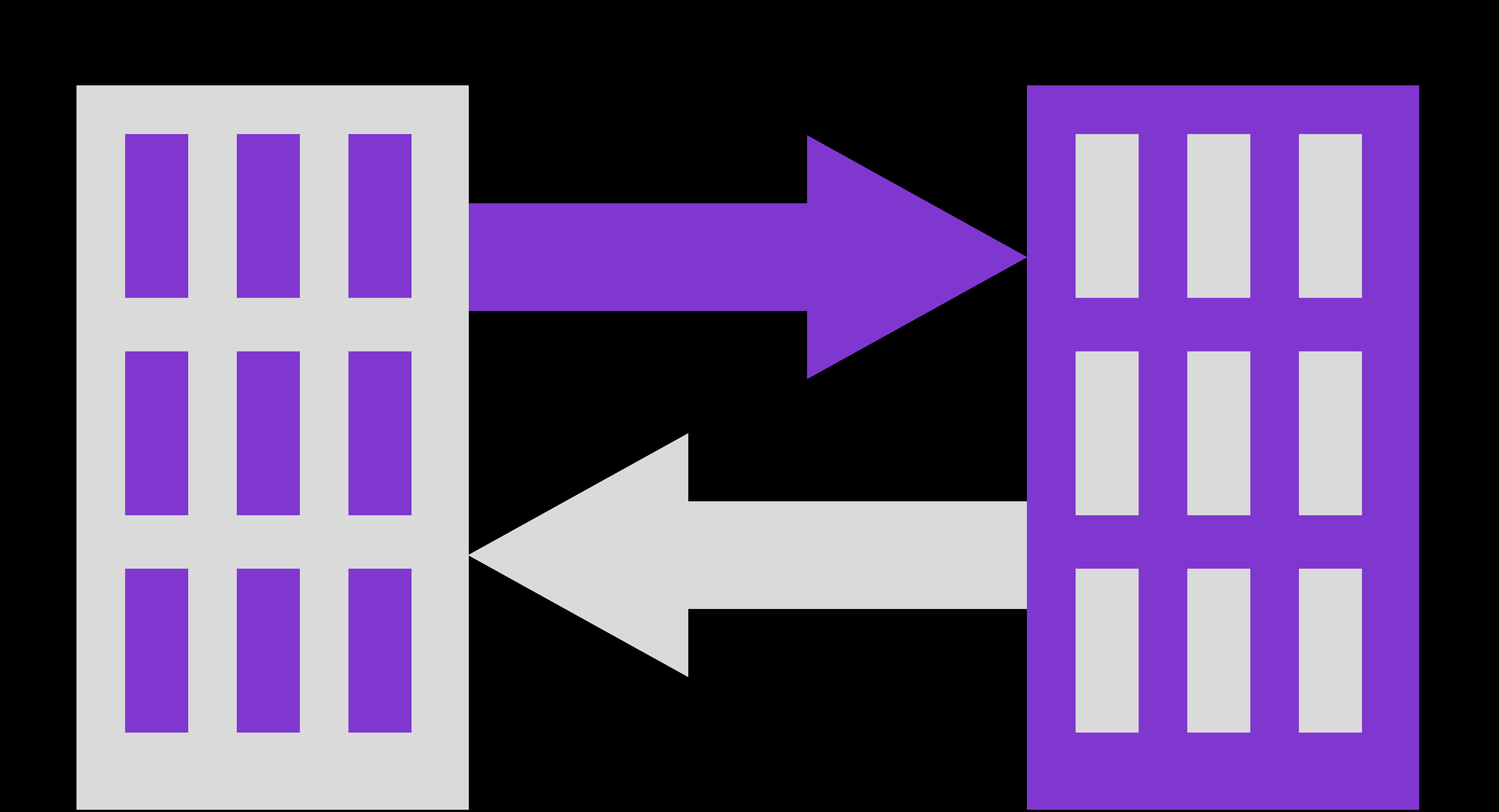Erik Chen – CEO of Tenten | Drive Growth with CX
Check out my 15 ChatGPT tips that are better than just using ‘Rewrite’. Make your AI talks and answers better with these cool tips. Let’s go!
OpenAI’s chatGPT is a strong computer program changing how computers and people talk.
People know it because it can make text that sounds like a human wrote it. ChatGPT can help in many ways like making emails, writing stuff, helping with homework, translating, and more.
The cool thing about chatGPT is that it listens to what you ask it and then answers.
A lot of times, people tell chatGPT to “Rewrite” something. They might say “Rewrite: She is happy,” and hope to get a different way to say the same thing.
This works okay, but only using “Rewrite” doesn’t show all the cool things chatGPT can do.
If you use “Rewrite”, you’re only asking chatGPT to say things in a different way. You’re not asking it to think more or be creative.
So, if you really want to see what chatGPT can do, try different ways of asking it things, not just “Rewrite”.
Why Prompts are So Important
Prompts are like directions you give to chatGPT. Good prompts can make chatGPT come up with fun, clear, and different answers.
Prompts can turn a simple idea into a fun story, a deep talk, or a smart thought. That’s why prompts are more than just rewriting.
For example, instead of saying “Rewrite: She is happy”, you could ask “Tell me about a girl who just made her biggest dream come true”. This way, chatGPT can give a more detailed and touching answer.
Or, you could ask “How are the money rules of the USA different from Canada?” and chatGPT can give a lot of info and compare them. These prompts are more than just changing words. They let chatGPT show more of what it knows.
By using good prompts, we can make chatGPT not just change words, but help us in many creative ways."
15 chatGPT Prompts better than “Rewrite”
- “Describe the concept of [Topic] as if you were explaining it to a five-year-old.” This prompt is designed to simplify complex concepts. Instead of rewriting a complicated explanation, this prompt can easily generate a response that anyone can understand. For example, “Describe the photosynthesis concept as if you were explaining it to a five-year-old.”
- “Write a short story based on the following situation: [Situation].” This prompt encourages creative storytelling. It can be used to generate engaging narratives based on any given situation. For example, “Write a short story based on the following situation: A man wakes up to find he’s become invisible.”
- “Write a persuasive argument on [Topic].” Rather than rewriting an argument, this prompt can generate a persuasive text on any topic, utilizing logical reasoning and evidence. For example, “Write a persuasive argument on the importance of renewable energy.”
- “Summarize [Article/Book/Event] in your own words.” This prompt can transform lengthy articles, books, or event descriptions into concise, digestible summaries. For instance, “Summarize the Harry Potter series in your own words.”
- “Write an opinion piece on [Topic].” This prompt can generate thought-provoking opinions on any topic, offering unique perspectives and insights. For example, “Write an opinion piece on the impact of social media on society.”
- “Write a poem about [Subject].” This prompt can create beautiful poetry on any subject, making it a creative alternative to straightforward rewriting. For instance, “Write a poem about winter.”
- “Translate this [Language] text to English: [Text].” This prompt can be used for translating text from one language to another. For example, “Translate this Spanish text to English: ‘El amor es un misterio’.”
- “Debate the pros and cons of [Topic].” This prompt can generate a balanced discussion on any topic, presenting arguments for both sides. For example, “Debate the pros and cons of artificial intelligence.”
- “Write a [Genre] story with the following elements: [Elements].” This prompt can create stories in specific genres, incorporating given elements. For instance, “Write a science fiction story with the following elements: a time machine, a dinosaur, and a forbidden planet.”
- “Write a detailed review of [Product/Service/Book/Movie].” This prompt can generate comprehensive reviews, offering critical analysis and personal impressions. For example, “Write a detailed review of the iPhone 12.”
- “Create a lesson plan for teaching [Subject] to [Grade Level].” This prompt can design detailed lesson plans, tailored to specific subjects and grade levels. For instance, “Create a lesson plan for teaching algebra to 8th graders.”
- “Write a sales pitch for [Product/Service].” This prompt can create compelling sales pitches, highlighting the benefits and features of a product or service. For example, “Write a sales pitch for a personal fitness training program.”
- “Explain [Scientific Concept] in layman’s terms.” This prompt can simplify complex scientific concepts into understandable explanations. For example, “Explain quantum physics in layman’s terms.”
- “Write a blog post about [Topic].” This prompt can generate engaging blog posts on any topic, incorporating relevant information and personal insights. For example, “Write a blog post about sustainable living.”
- “Create a dialogue between two characters discussing [Topic].” This prompt can create interesting dialogues, bringing in different perspectives on a topic. For instance, “Create a dialogue between two characters discussing climate change.”
How to Use These Prompts in Real Life
The prompts we talked about can be used in many jobs to make things better and more creative. Let’s see how we can use them in different areas.
Making Content:
For people who create content, prompts like “Write a story about this situation”, “Share your thoughts on”, or “Write a blog on this topic” can help make new and interesting stuff. For example, if someone is writing about how we feel, they can use “Share your thoughts on how social media affects our feelings” to make a deep article.
Helping Customers:
For those who help customers, prompts like “Talk about the good things of this product” or “Give a full review of this item” can help explain products better. Like, if someone is selling a skin product, they can use “Talk about the good things of our new skin product” to tell people why they should buy it.
Teaching and Learning:
For teachers, prompts like “Plan a lesson on”, “Explain this in simple words”, or “Talk about this idea as if you were telling a little kid” can be really helpful. A teacher might use “Plan a lesson on old-time history for middle school kids” to make a fun lesson.
These are just some ways to use these prompts. There are so many other ways, and with the right questions, chatGPT can help in many jobs.
How to Make Good Prompts
Making good prompts for chatGPT is a mix of skill and knowing what works. Here are some tips to make prompts that get the best answers.
Be Clear:
When you make a prompt, be clear about what you want. Instead of just saying “Write a story”, say something like “Write a mystery story from old times in London”. This helps chatGPT know exactly what you’re looking for.
Ask Open Questions:
Questions that don’t have a yes or no answer can get more detailed answers. Instead of just saying, “Rewrite: The weather is changing”, you could ask, “How might changing weather affect farms around the world?” This gets a deeper answer.
Think About the Background:
The background or setting of your prompt matters. If you ask for a review of a book like ‘The Great Gatsby’, the answer will be different if you say “Pretend you’re someone who didn’t like the book” versus “Pretend you really loved the book’s deep meanings”.
Try Different Things:
Lastly, try different prompts and see what answers you get. Making good prompts might need some tries to get it right. Learn from the answers and make your prompts better.
Remember, prompts are more than just questions. They help guide chatGPT to give you the kind of answer you want. So, make your prompts good to get the best out of chatGPT.
With these 15 prompts and the tips I gave, you’re ready to try them out. See what you get, improve your prompts, and learn all the cool things chatGPT can do. Have fun asking!"






